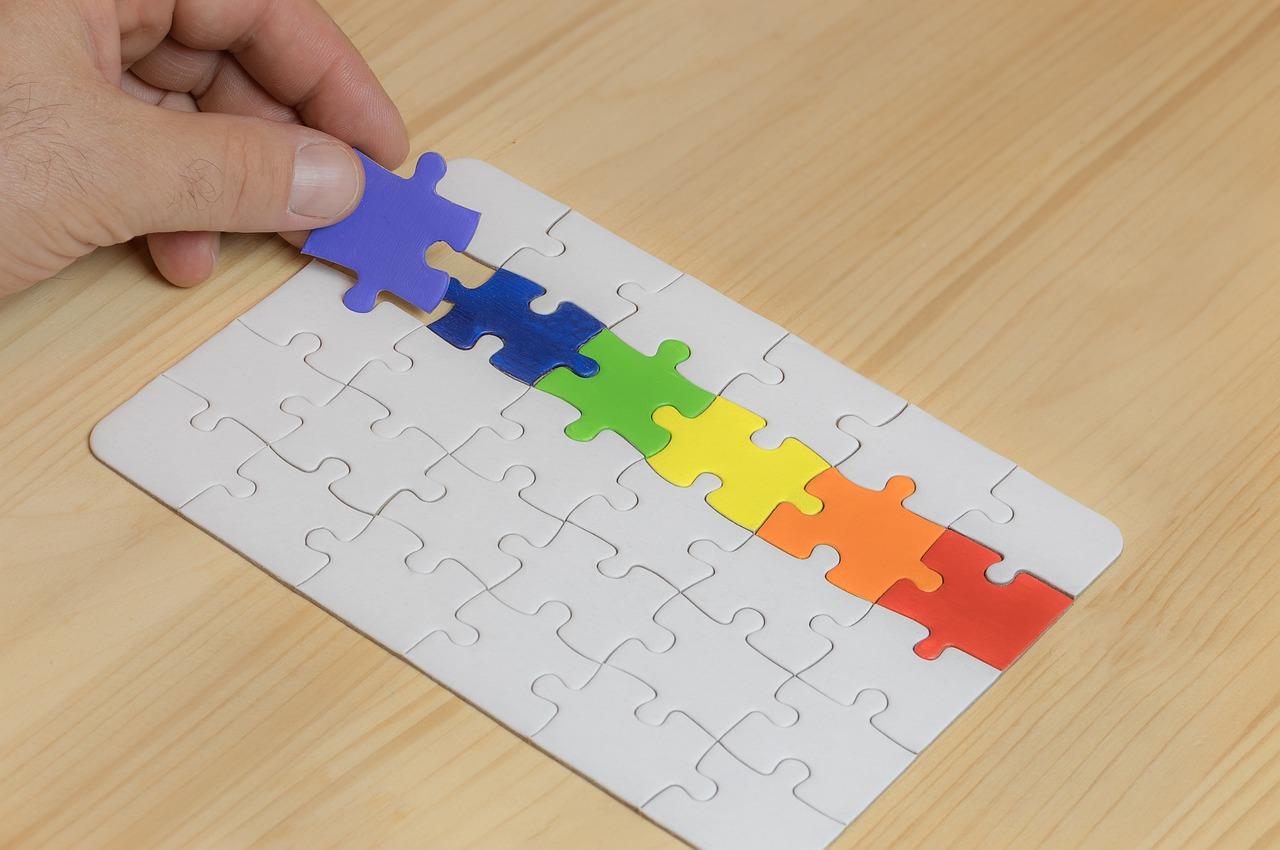A name is not just a way to identify someone — it is a reflection of faith, heritage, and hope. In Urdu culture, names carry a deep spiritual resonance, blending linguistic beauty with powerful meanings. When we explore Boys Name Meanings Explained in Urdu, we uncover stories of belief, devotion, and identity passed down through generations. Every Urdu name carries an echo of faith — a prayer that lives within the heart of the child who bears it.
This blog explores the timeless connection between faith and Urdu boys’ names — showing how every name carries not only meaning but also a sacred legacy that continues to inspire.
The Timeless Bond Between Faith and Urdu Names
Urdu, with its poetic rhythm and spiritual depth, is more than a language — it’s a vessel of emotion and belief. Most Boys Name Meanings Explained in Urdu originate from Arabic, Persian, or Turkish roots, reflecting Islamic tradition and moral values.
For instance:
-
Ahmed (احمد) – The most praised one
-
Ilyas (الیاس) – The Lord is my God
-
Usman (عثمان) – Wise or baby bustard (a bird symbolizing gentleness)
-
Hussain (حسین) – Good, handsome, or virtuous
Each of these names echoes faith — representing qualities like devotion, wisdom, and righteousness. The meanings go beyond language; they become moral aspirations and blessings in themselves.
The Role of Faith in Naming Traditions
Faith plays a vital role in the naming traditions of Urdu-speaking families. Names are often chosen after consulting scholars, the Quran, or elders to ensure they carry pure and positive meanings.
When parents seek Boys Name Meanings Explained in Urdu, they are often drawn to names associated with prophets, companions, or virtues mentioned in Islamic history. Examples include:
-
Yousuf (یوسف) – God increases or beauty
-
Taha (طٰهٰ) – Pure, one of Prophet Muhammad’s titles
-
Ismail (اسماعیل) – Heard by God
-
Hammad (حمد) – One who praises Allah
These names serve as spiritual reminders — they inspire children to embody faith, humility, and gratitude throughout their lives.
The Spiritual Weight of Meaning
A name in Urdu is more than phonetic beauty — it’s a spiritual statement. When parents explore Boys Name Meanings Explained in Urdu, they are not just searching for elegance but for purpose. Each name is seen as a lifelong blessing, shaping a child’s sense of self and moral compass.
Consider names like:
-
Zameer (ضمیر) – Conscience, moral sense
-
Adeel (عادل) – Just, fair-minded
-
Faris (فارس) – Knight, protector
-
Haris (حارس) – Guardian or watchful one
These names convey virtues that parents hope their sons will live by — justice, protection, honesty, and courage. The faith-based meanings help reinforce a strong moral identity from an early age.
The Beauty of Sound and Faith
Urdu names are not only meaningful but melodious. The sound of a name often carries a soft rhythm, making it pleasant to speak and hear. The elegance of the Urdu language turns even the simplest name into something poetic.
For example:
-
Rayyan (ریان) – Door to Paradise
-
Zayan (زیان) – Graceful, radiant
-
Ehsan (احسان) – Kindness, benevolence
-
Saad (سعد) – Happiness, good fortune
These names sound gentle and spiritual, embodying the essence of Boys Name Meanings Explained in Urdu. Each pronunciation feels like a whisper of faith — calm, pure, and profound.
Faith Reflected Through History and Culture
Names in Urdu often connect the present generation to historical and religious roots. Families pass down names that carry great spiritual or cultural significance, preserving faith through time.
For instance:
-
Ali (علی) – Exalted, noble – inspired by Imam Ali (R.A.), known for his wisdom and bravery.
-
Omar (عمر) – Long-lived, life – after the Caliph Omar ibn al-Khattab (R.A.), symbolizing leadership and justice.
-
Hassan (حسن) and Hussain (حسین) – the grandsons of Prophet Muhammad (PBUH), representing purity and sacrifice.
By exploring Boys Name Meanings Explained in Urdu, we rediscover how these names continue to preserve the spiritual heritage of Islam and Urdu culture — echoing faith across generations.
Modern Interpretations with Faithful Roots
In the modern world, parents often look for names that balance spirituality with simplicity. The beauty of Urdu is that it allows both — a name can be contemporary yet rich in meaning.
Examples include:
-
Ayaan (عیان) – Gift of God
-
Zavian (زاویان) – Radiant, bright
-
Ehan (ایہان) – Full moon, shining light
-
Rehan (ریحان) – Fragrance, sweet basil, or mercy
These names have become increasingly popular in modern Urdu-speaking families because they carry Boys Name Meanings Explained in Urdu that are both elegant and meaningful — bridging tradition with today’s world.
The Emotional and Spiritual Power of a Name
Names can shape identity and emotion. A meaningful Urdu name reminds a person of their values and connection to faith. It’s why many people feel proud when their name has a noble or spiritual background.
A name like Raza (رضا) meaning contentment in God’s will, or Noman (نعمان) meaning strength or blood, serves as a constant spiritual reminder. Through Boys Name Meanings Explained in Urdu, parents and children alike can reflect on the emotional weight a name carries — as a lifelong reminder of faith, humility, and purpose.
Urdu Calligraphy: Where Faith Meets Art
Urdu names, when written in calligraphy, become visual poetry. The curved strokes and flowing letters mirror the elegance of the meanings they represent. Families often frame Urdu names written in the Nastaliq style to honor their linguistic and spiritual beauty.
A name like Zain (زین) or Hadi (هادی), written in Urdu script, becomes not just a word — but an artwork that embodies faith, beauty, and cultural pride. This artistic connection deepens the significance of Boys Name Meanings Explained in Urdu, where language, belief, and art merge into one.
Conclusion
Names are not mere words — they are reflections of faith, identity, and love. In the world of Boys Name Meanings Explained in Urdu, every name carries echoes of devotion and hope. From ancient Islamic roots to modern inspirations, Urdu boys’ names continue to represent faith’s timeless strength.
Through each meaning and melody, Urdu names remind us of who we are — believers, dreamers, and guardians of a heritage where sound and soul meet in divine harmony. These names are not just spoken; they are felt, lived, and remembered — forever echoing faith through generations.



